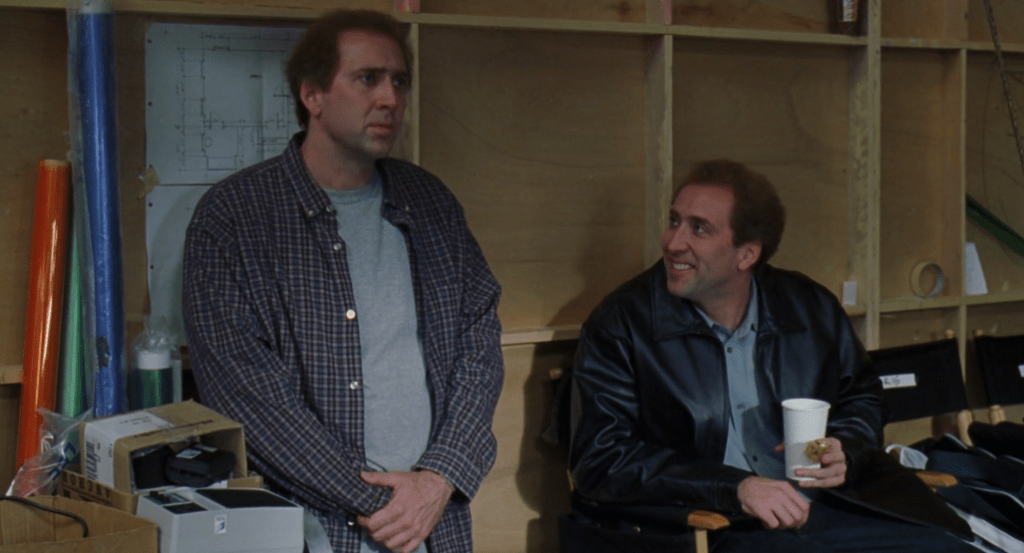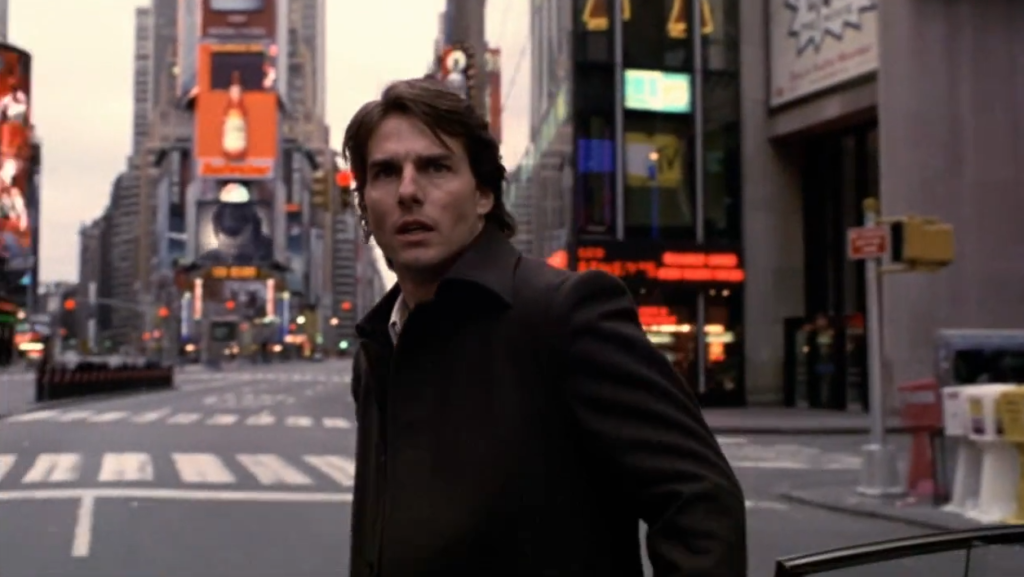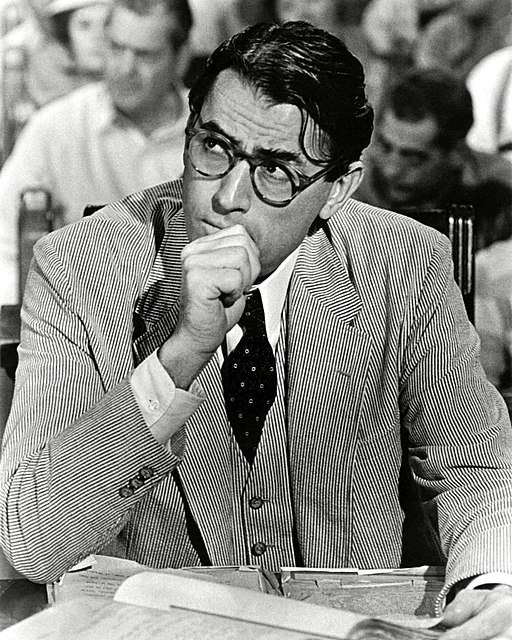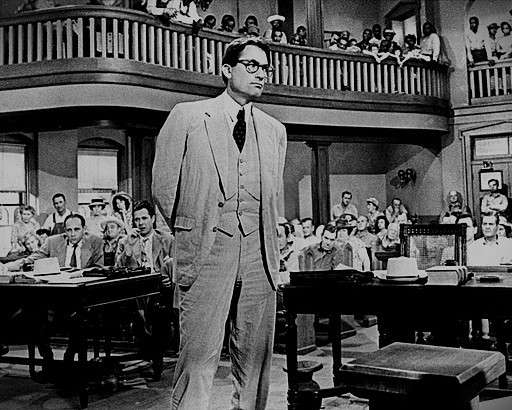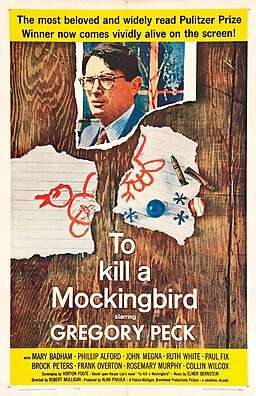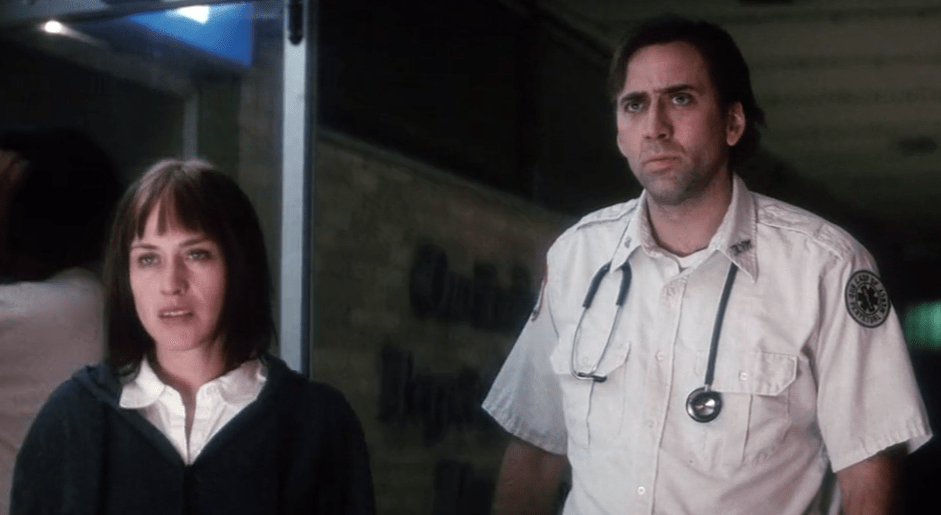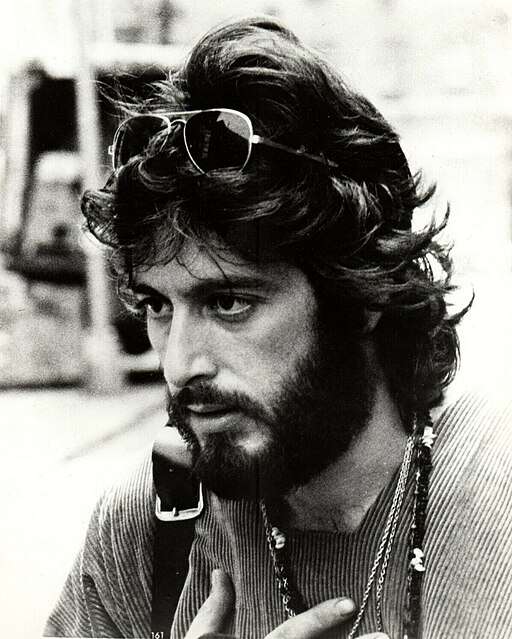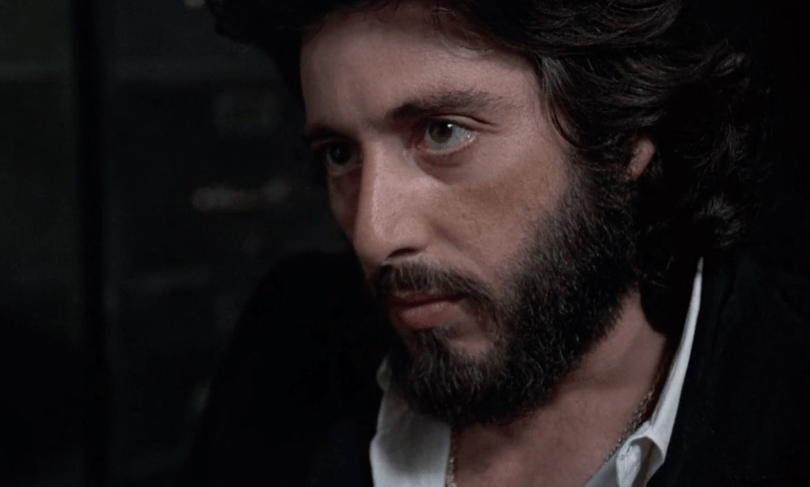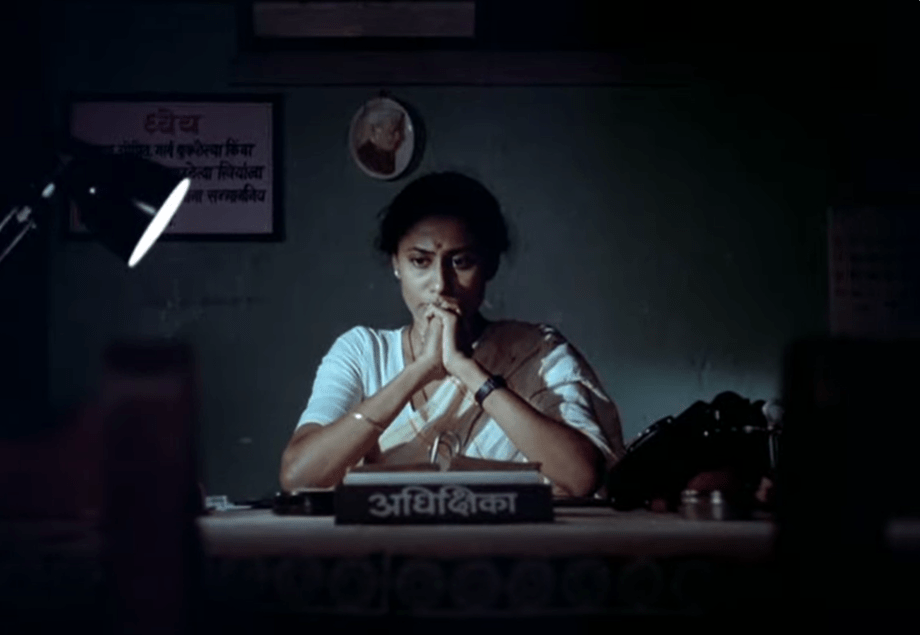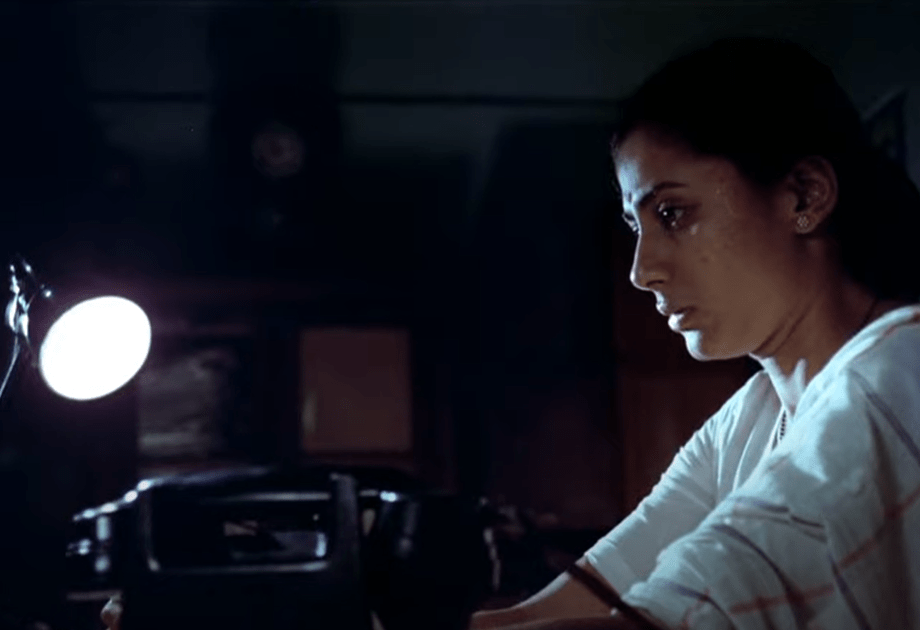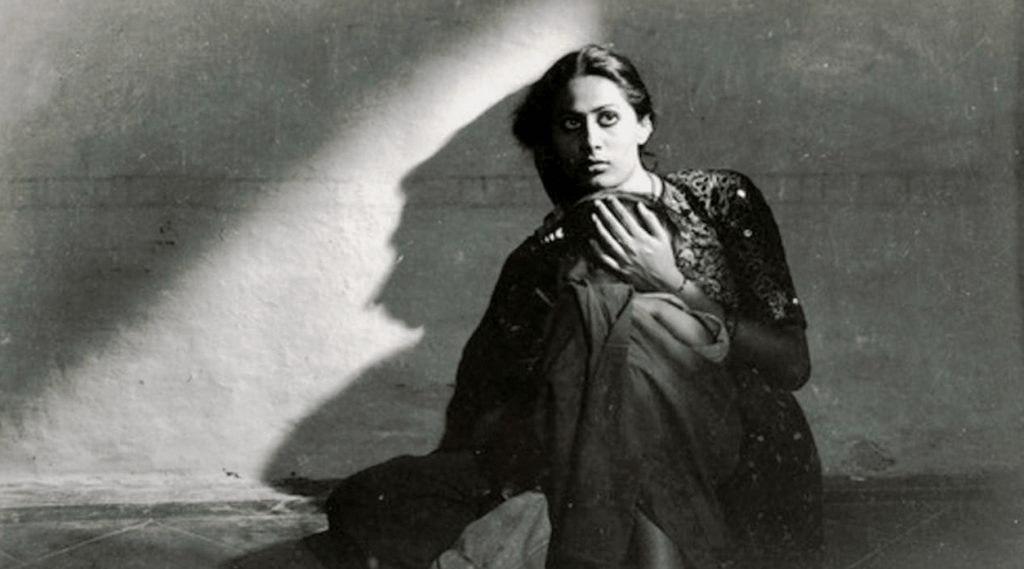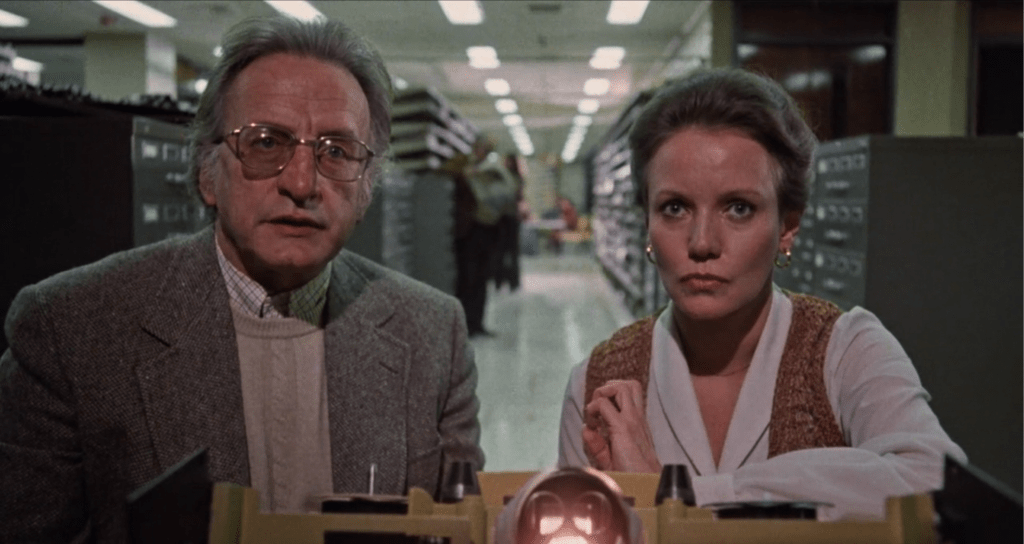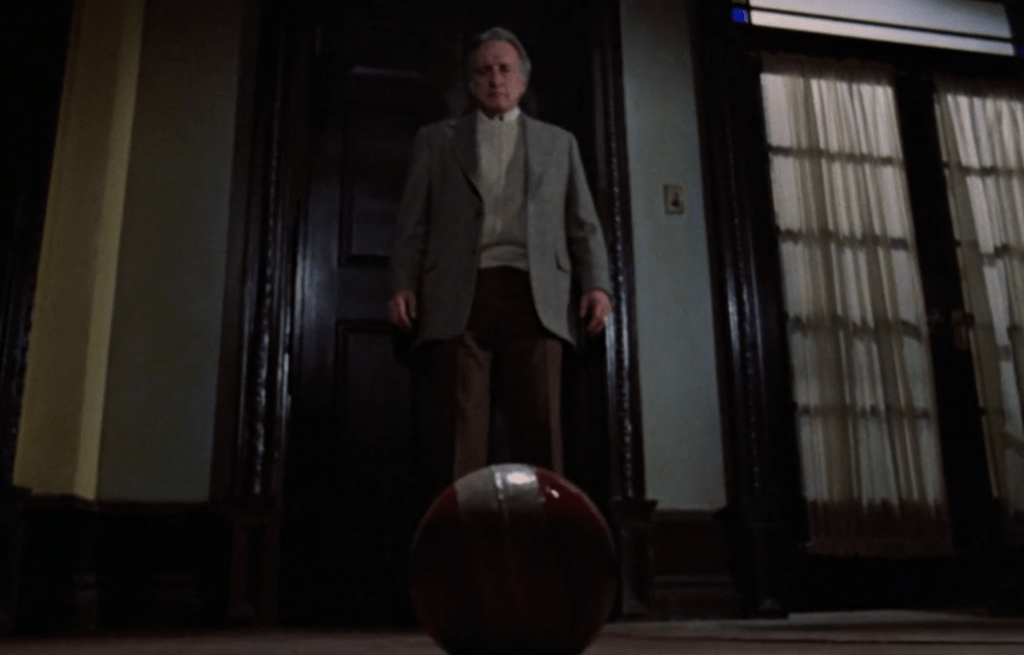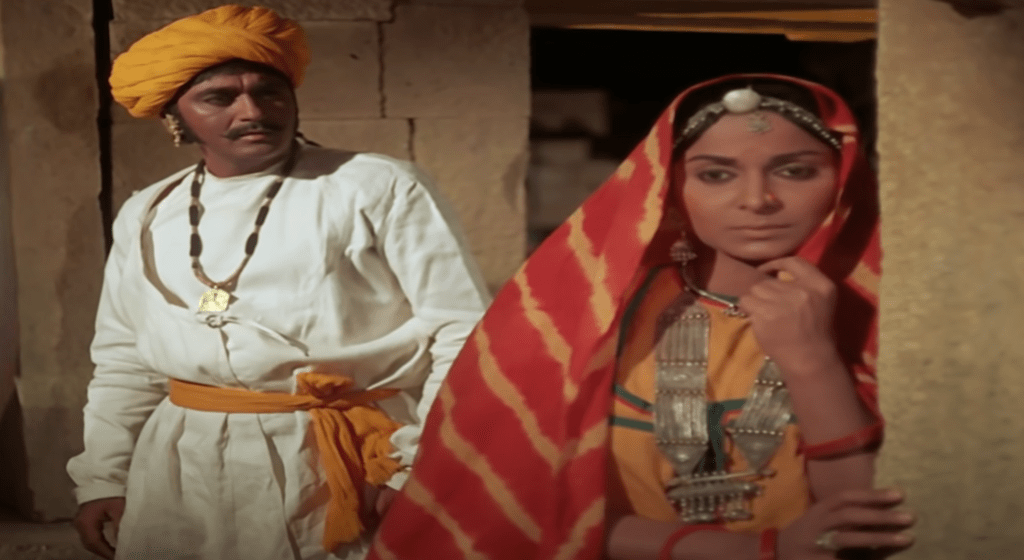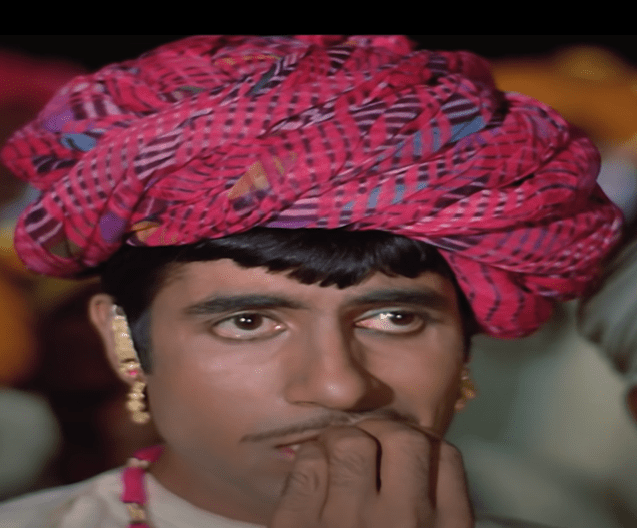Released in 1974
Genre– Mystery, Thriller, Crime, Whodunnit
10/10
Main Cast: An ensemble (see below)
Music– Richard Rodney Bennett
Screenplay: Paul Dehn
(Based on The Murder on the Orient Express by Agatha Christie)
Direction– Sidney Lumet
Albert Finney, Lauren Bacall, Martin Balsam, Ingrid Bergman, Jacqueline Bisset, Jean-Pierre Cassel, Sean Connery, John Gielgud, Wendy Hiller, Anthony Perkins, Vanessa Redgrave, Rachel Roberts, Richard Widmark, Michael York
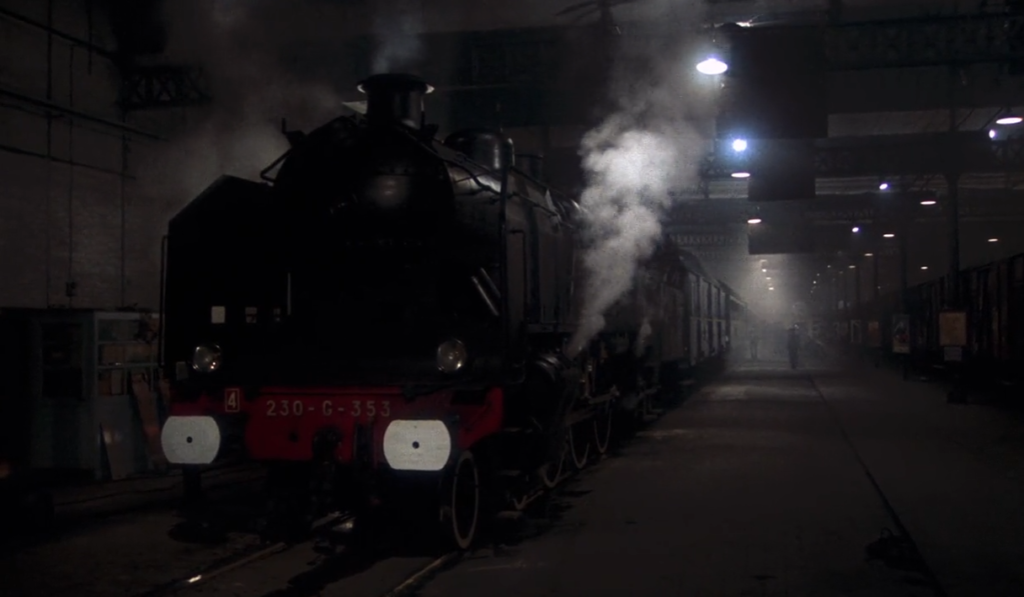
BRIEF INTRODUCTION
Embark on a riveting journey with the 1974 Sidney Lumet film,
‘Murder on the Orient Express,’ adapted from Agatha Christie’s timeless novel. A luxurious train journey turns sinister when a murder occurs, and master detective Hercule Poirot is thrust into a web of deceit and mystery. As the suspense unfolds, a diverse cast of characters becomes entangled in a complex whodunit, creating a thrilling cinematic experience that keeps you on the edge of your seat.
Thoughts
The first time I saw the film was around mid-2017, and since then, I have watched it multiple times. And every time I watch it, I get charmed by the beauty of it. This is by far the finest and most precise interpretation of Agatha Christie’s mysterious whodunnit. There are other adaptations as well and they are wonderful but this one, it speaks for itself, from the novel being written by Christie to the direction by Sidney Lumet and the characters brought to life by some of the finest artists in the industry, an ensemble. I was in complete awe of every performance in the film.
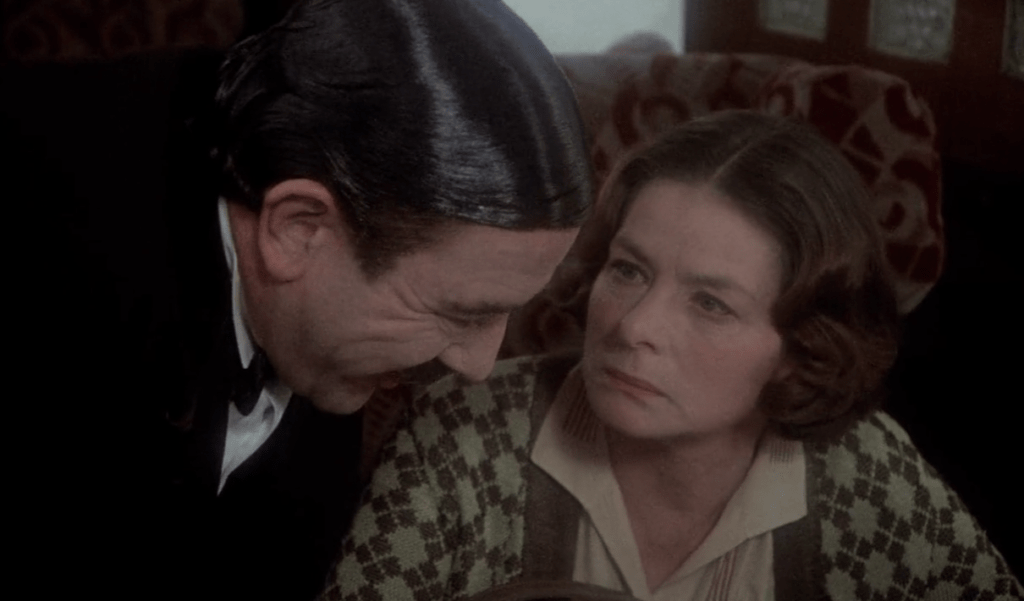
“Murder on the Orient Express” (1974)
The meticulous attention to detail in every aspect of the film is a huge reason behind the beauty of this particular adaptation. Be it the setting, the production design, the costumes worn by each character, the finesse in the dialogues, the accents, every single artist in the film contributed greatly. And my favorite is Albert Finney, no doubt a legend, probably one of the most versatile actors, his portrayal of Hercule Poirot will be remembered forever. I can surely say that no other actor could have done justice to the character than him. Other than Finney, I got completely fascinated by the portrayal of Greta Ohlsson by Ingrid Bergman, she was…I feel short of words to describe her performance, no wonder she won the Academy Award (1975) (Best Supporting Actress) for it.
Returning to the story and structure of the novel, it may seem that directing it would have been easy due to its skillful writing, but in reality, Lumet’s painstaking effort is evident and truly exceptional. I believe it was a difficult job, as he strived for perfection and literary satisfaction. His meticulous vision for the novel is present in every scene, from the exact timing of music to the beautiful camera work, when combined, they create a symphony.
P.S. The movie was nominated for the Oscars in six categories, winning the Best Supporting Actress for Bergman. Other than Oscars, the film was also nominated for BAFTAs in ten categories, winning three of them.
#AgathaChristie #MurderOnTheOrientExpress #PaulDehn #SidneyLumet
In case you overlooked our earlier post, here’s the link
“Spike Jonze’s Adaptation” (2002)

